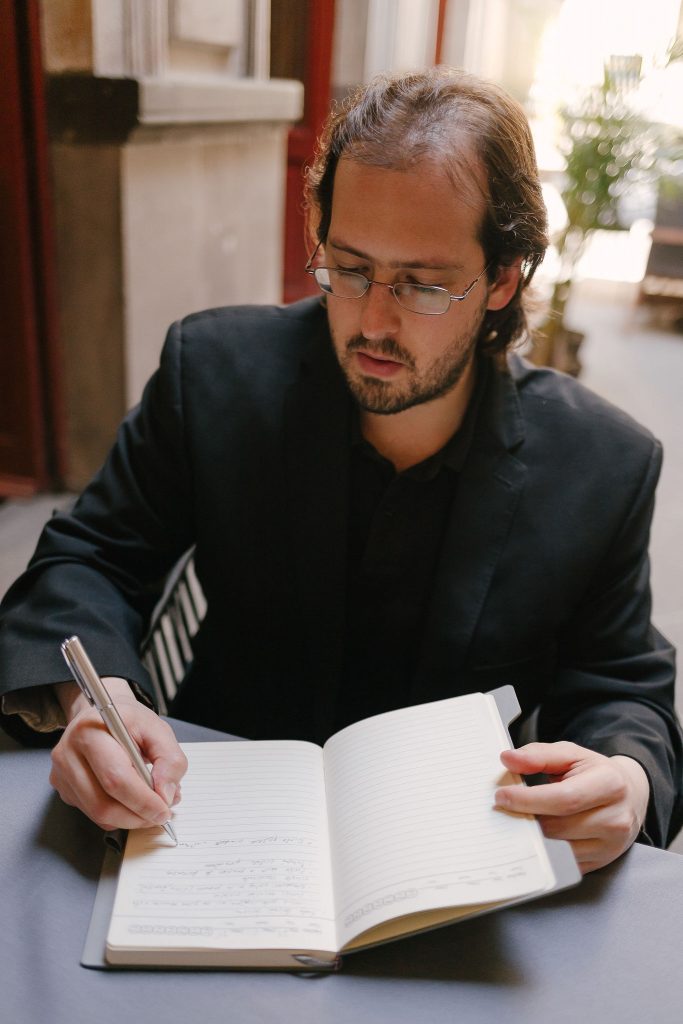Introduction
Life by itself can be hard and complicated, and it can become even more tough through several factors, like: problems with other people, lack of Jobs, lack of economic opportunities, problems with romantic partners or families, diseases, losses, physical discomfort and more.
Cognitive Therapy is a place where we can search how to improve one or several aspects of our lives, taking into account that which is under our control. Cognitive Therapy isn´t “just talking”, or “just paying someone to listen to you”; more accurately, it means to talk and listen in order to solve problems: to change ways of thinking, feeling and acting, which may be a part of a dysfunctional habit created years or even decades ago.
Therapy is not for everyone, but many people find it useful. Instead of listing reasons why you should go to therapy, I propose the following: Try and look at yourself, as if you were standing in front of a mirror, watch yourself carefully, be honest with yourself and ask yourself:
Is there something in my life or in myself that I’d want to change or improve?
And then, ask yourself: Could I use a little help?
If both answers are affirmative, let’s act. Because it is very easy to push things for another day.
About me...
Psychologist Alejandro Rafael Chávez de Ita.
Years of experience as a psychotherapist in SAVIF & SICAS (services dedicated to help victims domestic violence, as well as crisis and suicide intervention, which are part of the public univeristy BUAP in Puebla, México), as well as in private practice. I am currently also a psychotherapist and member of the clinical department in CAPA (Centro de Atención Psicológica Arronte).
I have experience providing face-to-face therapy and online therapy for people living in the state of Puebla, as well as other states and countries, in spanish and english.

¿What is cognitive therapy?
Cognitive therapy can be of help treat a variety of symptoms and disorders, such as: anxiety, depression, anger management, addictions, personality disorders, problems in a relationship, emotional dependency, stress and more.
Cognitive therapy strives for both patient and therapist to work as a team, together, in order to solve the problems or reaching the goals that both agree on. That means that:
- The therapist will be colaborative: while proposing a work structure and a treatment plan, he will also be flexible and mindful towards the needs of the patient, and won’t have a passive role which limits to only listening. The therapist will show interest, empathy, professionalism, and Will act ethically
- But it also means that the patient won’t get good results being passive. Since congitive therapy sessions usually have a weekly frequency and lasts for about an hour, it is important that patients commit to try and change things for the rest of the week, so that everything that was talked about in session can have an impact beyond the consult office.
As a summary, a crucial aspect of cognitive therapy is that both therapist and patient work as a team. The therapist commits to do a proper evaluation of the problem(s) and a treatment plan, acting professionally and ethically, while the patient commits to making changes
"I am what I have chosen"

Services
- Individual therapy (with adults only)
-Terapia de pareja
- Couples therapy
- Therapy in person in
Puebla City, Mexico.
1 Assessment
It is necessary to get information about the patient, the current context and relevant life history, as well as the reasons that led him to therapy and more, in order to identify problems and set goals that will guide the treatment plan.
Depending of the complexity of the reason for consultation, this phase may take up several sessions as it is necessary for an eficient treatment plan.
2 Treatment
During this phase, several strategies, techniques and therapeutic interventions are done in order to reach the patient’s goals.
3 Termination
As the patient reaches goals previously set as part of the assessment phase, and has learned skills which can be used in the future, the frequency of the therapy sessions can be spaced out and reduced to one every two weeks, once every four weeks, or even once every three months to follow-up the patient’s progress. The goal of this phase is to end the treatment and prevent relapse